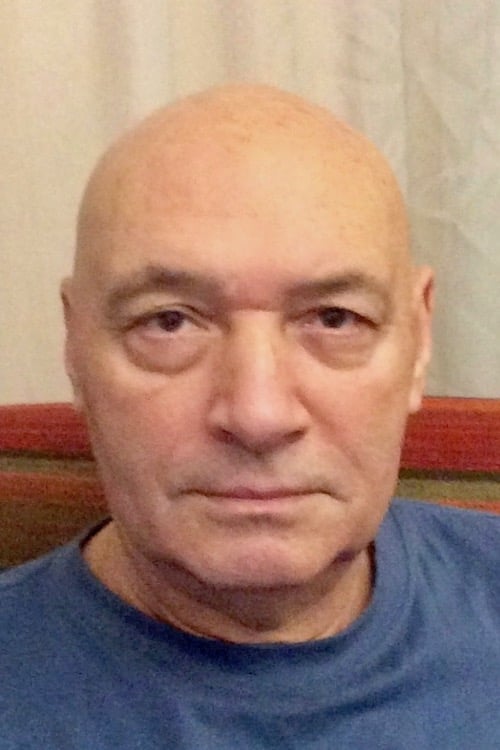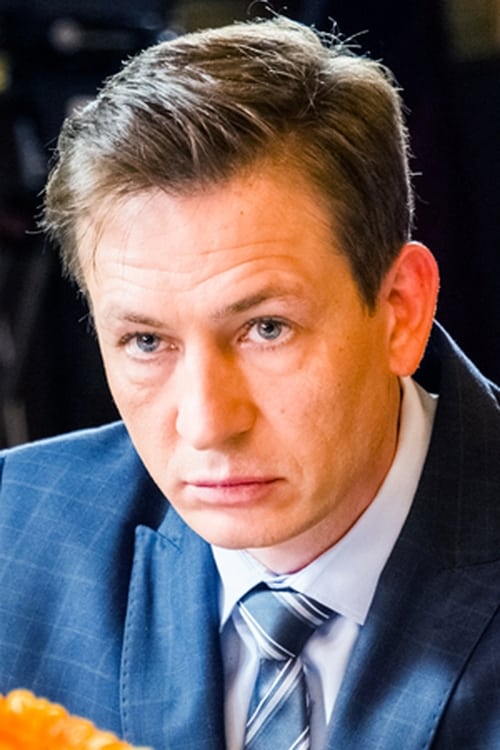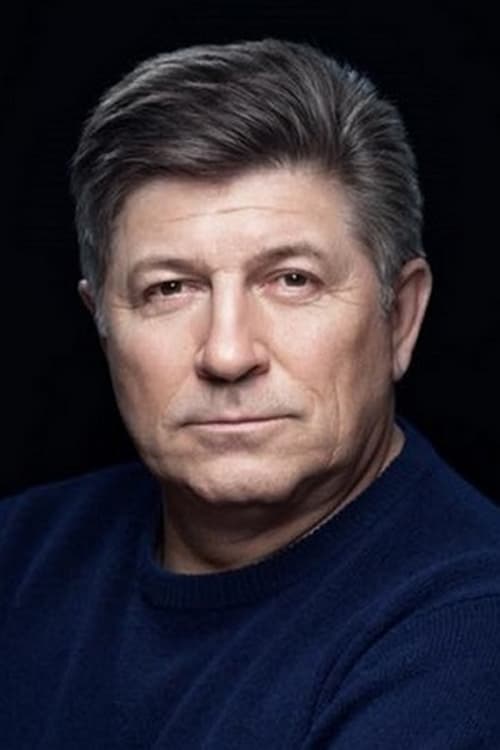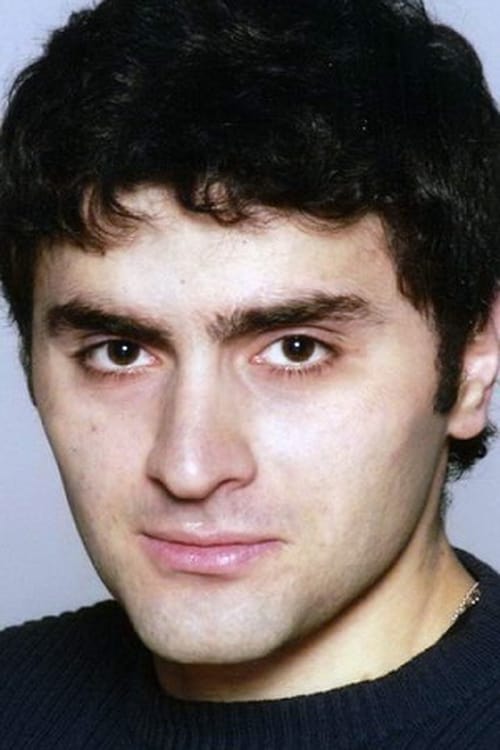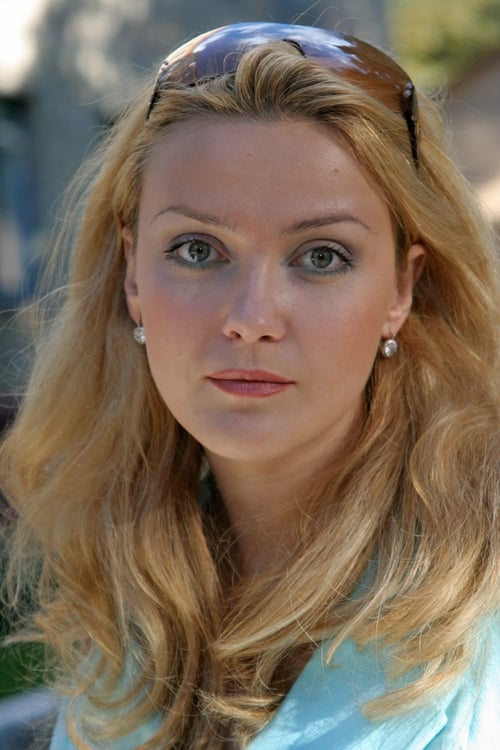Khaytarma (2013)
The story of one of the people
Género : Drama, Historia, Bélica
Tiempo de ejecución : 1H 30M
Director : Akhtem Seitablaiev
Sinopsis
The film tells about the tragic date in the history of the Crimean Tatar people — May 18, 1944 — Stalin’s deportation of the Crimean Tatars. The plot of the film — a pilot, twice Hero of the Soviet Union, Amethan Sultan. In May, 1944, a year after liberation of Sevastopol Amethan goes on vacation to his native town Alupka. On May 18 his eyes witness begining of deportation of the Crimean Tatars.
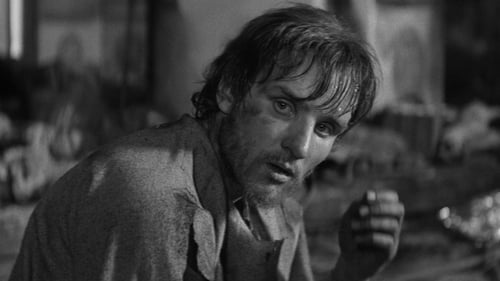
A comienzos del siglo XV, el monje pintor Andrei Rublev acude junto con sus compañeros a Moscú para pintar los frescos de la catedral de la Asunción del Kremlin. Fuera del aislamiento de su celda, Rublev comenzará a percatarse de las torturas, crimenes y matanzas que tienen aterrorizado al pueblo ruso... La biografía del pintor ruso Andrei Rublev -Andrei Rubliov-, famoso por sus iconos, sirve de base para hacer un minucioso retrato de la vida social, política y artística en la Rusia de principios del siglo XV.
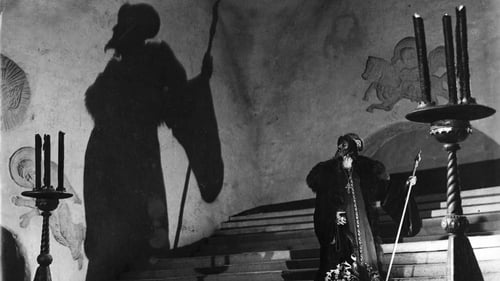
Al inicio de su reinado, Iván el Terrible afronta la traición de la aristocracia e incluso de sus amigos más cercanos mientras busca unir al pueblo ruso.
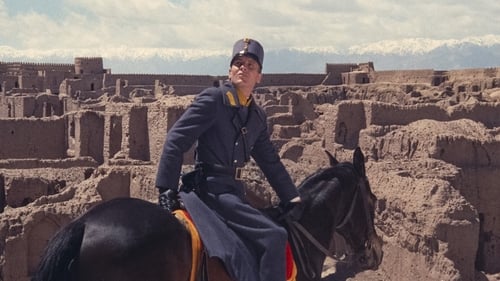
Miembros de una división militar se atrincheran en una recóndita fortaleza del desierto a la espera del ataque del ejército enemigo. Allí, soldados y oficiales sobreviven con honor, tratando de respetar las reglas. El eje del relato es el joven teniente Drogo, quien poco después de ser destinado a la fortaleza, intenta conseguir un certificado médico que lo exima de su nueva posición.

Un capitán del ejército del zar encuentra peligros y romance mientras atraviesa Rusia con un mensaje secreto.

At a popular vacation destination in Crimea every evening the entertainer Lyudmila Pashkova hosts "Where are you, talents?" - a friendly competition designed to amuse vacationers. Michael Gudkov, a vacationer from the northern Russian city of Murmansk, takes up the challenge performing his favorite song "My Female Sailor". In spite of a well-received performance the host did not award a victory to him. Feeling slighted Michael decides to compete every evening with his song until he gets his well-deserved prize becoming a favorite fixture of the local competition.

One day a friend will betray you, and the enemy at the crucial moment will save lives.

Nazi-occupied Crimea, 1944. A boy named Itzhak turns to Saide Arifova, a local Tatar Muslim woman, for help, explaining that he and a group of other Jewish orphans are hiding from the Nazis. Arifova faces a moral dilemma: should she try to help them or save herself by refusing? Despite the impending danger, she decides to protect the children by hiding them in plain sight, and disguising them as Tatars and adopting them into the local community.

During the 12th Century a boy is born to a tribal chief. He is named Temujin, which means "blacksmith." Nine years later, his father is murdered by the Tartars After a long struggle, just when Temujin reclaims tribal chief status, the Merkit tribe kidnaps his wife. In order to fight against the Merkits, Temujin has to use his mother as a pawn in exchange for troops from ally tribes. Temujin manages to rescue his wife only to realise that she is pregnant with the enemy's child. Enduring tremendous anguish, Temujin throws himself into battle against the Tartars and slaughters the leader of the intruders. He eventually takes his wife back and accepts her child. Later on, he begins a campaign to unify all Mongolian tribes. By the age of 40, he is bestowed the title "Genghis Khan", which means "oceanic ruler".

Whilst the first shots ring out between pro-Russian government forces and members of the opposition in the winter of 2013, young Nina leaves Crimea. She was raped by a corrupt policeman, her friend was killed, and now she seeks refuge with the protesters on Maidan Square. Revolutionary chaos prevails, and it‘s not at all clear who remains loyal to whom and which means can be regarded as legitimate in the struggle for freedom. Ultimately Nina and her tormentors come face to face again and the spiral of violence is stepped up a further notch. The film was shot to a genuine backdrop, the result of which is a multifaceted allegory on the tragedy currently playing out in the Ukraine.

1971, Odessa Film Studio. The KGB studio curator orders a re-edit of just finished movie about the events of Ukraine’s 1920s "civil war" of a young director in line with the Party’s view on the historical events. This re-editing work is entrusted to a young female editor, which consequently realizes she must protect the director’s vision and the safe-guard the truth about her country under Soviet occupation.

Chain-smoking artists, poets and playwrights were among the colourful array of intellectuals living in the ‘Slovo House’ in 1920s Ukraine. The communist paradise was built under Stalin's approval, but it quickly became a prison. The brutal Soviet regime spied on the inhabitants, destroying their eccentric way of life and sealing their fate. This fascinating film explores the extraordinary story of the building and its residents.
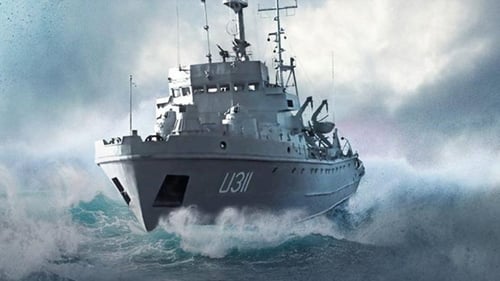
La tripulación del dragaminas U311 "Cherkasy" de la Marina de Guerra ucraniana se resiste a la incautación del buque por el ejército ruso en Crimea en 2014.

BABYLON’13, un movimiento de documentalistas ucranianos, presenta la primera película documental sobre lo que pasó en Crimea en 2014. Las imágenes únicas de la filmación desde dentro y las historias reales de los marineros, pilotos, soldados y marines que se enfrentaron con un incertidumbre de cómo reaccionar a lo que pasaba pretenden contestar a la pregunta “¿Por qué cedimos Crimea?”. La película también da una idea de lo que estaba sucediendo dentro de las bases militares rodeadas y en los buques de guerra bloqueados.

Documentary film about war crime — annexation of Crimea by the Russian Federation.

This is a metaphorical story about the tragic and mysterious death of the most powerful poet of 1960s, human rights activist, hero of Ukraine Vasyl Stus and his struggle with the Soviet system. The events of the film unfold during the last attempt by the KGB to seduce the poet with a whimsical "freedom".
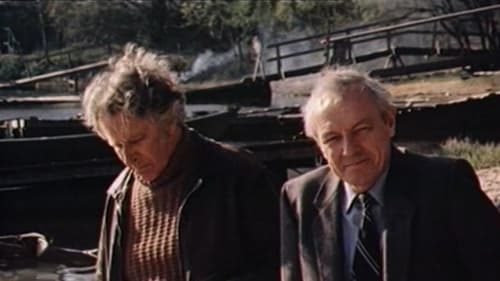
Krasnaya strela is the special train No.1 between Leningrad and Moscow. The film is set in the 1980s during perestroika in the Soviet Union. Kropotov (Lavrov) is communist CEO of a big industrial company in Leningrad. He is crafty and successful in getting a major order from the Soviet Government; building an automated assembly line. But his style of management clashes with his subordinates, talented engineers. Their potential is strangled by Kropotov's manipulative control. The government order is not accomplished and Kropotov gets fired. He is rethinking his outdated business style while on the train No.1 to Moscow.

A practical joke ends up very wrong in Nigina Sayfullaevas curious youth drama. Two seventeen year old Moscow girls, Olya and Sasha, are visiting Olya's long lost father who lives in Crimea, when they decide to switch places and pretend to be the other person to the father. Little do they know that their joke comes with consequenses that will change their lives forever.

For the first time, this documentary includes two exclusive interviews with Vladimir Putin and full details about actions in Crimea during spring 2014. These events determined the history of modern Russia. The President talks frankly and openly about the challenges and risks that Russia faced during that time. This film provides the Russian view of the situation. It is impossible to form a complete picture of the world without it.

The children who were sent to Siberia in 1941 have not seen their fathers – in their memories they recollect: “My father was arrested, he was sent to Vyatlag camp. He died there in March, 1942. He was not convicted. Father was tried in the autumn of 1942, when he was already dead, Moscow Troika verdict: 10 years in prison and confiscation of property...”The railcar moves along overgrown rails. For 70 years, the twelve participants of the journey have wanted to go to the places from where their fathers did not return. Among the harsh nature the tension on their faces shows.




